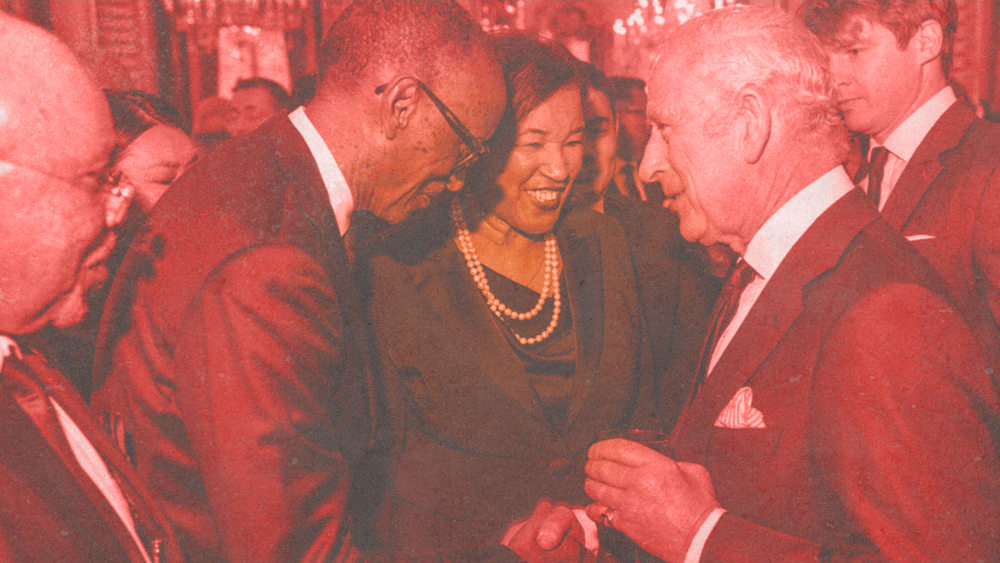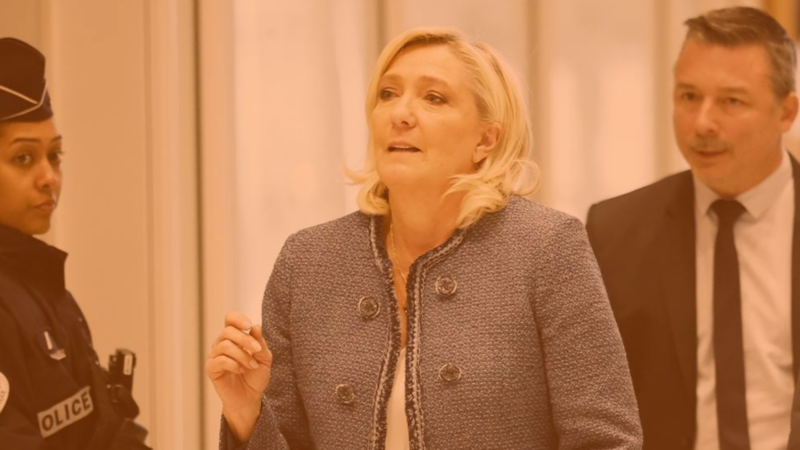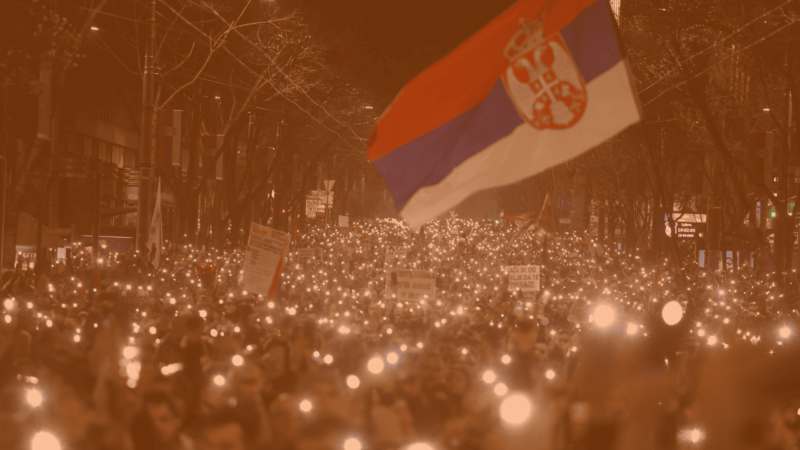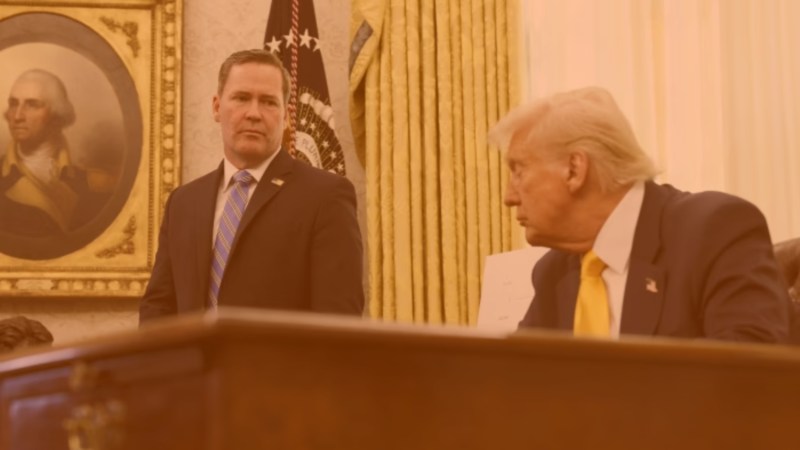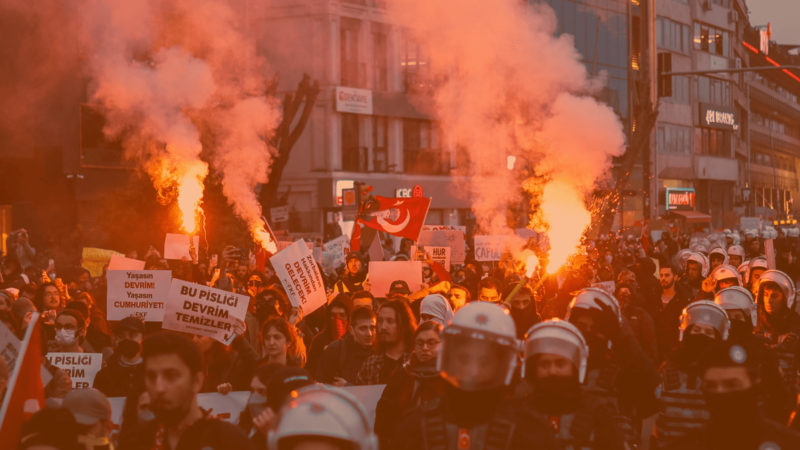Banseka Kayembe, OpenDemocracy
The King’s coronation is here and those watching across the world will be taking great interest in the similarities and differences to the crowning of Queen Elizabeth 70 years ago. These comparisons to his mother’s reign are something Charles will struggle to avoid, and there are already signs he wants to do his own thing – or at least appear to be doing so.
In what has been lauded as a significant step forward, he recently expressed support for research into the monarchy’s ties with slavery, suggesting a more progressive approach to race and racism for the royal family. But an institution that has survived for hundreds of years knows how to adapt to survive; so how substantively different are these attitudes to race? Do these actions really threaten the white supremacy embedded in the monarchy?
It’s definitely a timely intervention. The murder of George Floyd in 2020 and the global Black Lives Matter protests that followed brought racism and the legacy of empire back into the spotlight. In the UK, that meant more scrutiny on the royal family. This was compounded by revelations soon after from Prince Harry and his biracial wife Meghan Markle that there were concerns about the darkness of their son Archie’s skin colour from someone within the institution. William and Kate’s Caribbean tour then received backlash for its patronising colonial tropes; images of them parading in a 4×4 waving at their subjects seemed oddly anachronistic. And last year the Queen’s lady-in-waiting, Lady Susan Hussey, was forced to resign after her racist interrogation of Ngozi Fulani, the then-CEO of Black domestic abuse charity Sistah Space (who later resigned because of the backlash the charity faced). In asking Fulani: “Where are you really from?” Lady Hussey revealed how comfortable people within the institution are with being casually racist.
Despite a largely positive reputation as a grandmotherly figure of the nation, the Queen’s record on racism was pretty poor. Her official response to the interpersonal racism suffered by Meghan was to insist she knew nothing about it and wanted to solve these issues “privately”. She also had, for a period of time, a household ban on hiring staff of colour, making herself exempt from racial equality laws. Even superficial changes, such as renaming the empire honours awards to make them less offensive, she refused to do. The perception of the Queen as a harmless, benevolent older woman, hid the insidious racism of the monarchy, both past and present.
Charles in some ways seems much more savvy, perhaps knowing he does not have the luxury of high approval ratings like his mother. Last year in his Commonwealth address he apologised to nations affected by slavery, citing his “personal sorrow at the suffering of so many”. He made the unprecedented step of guest editing Britain’s only Black newspaper The Voice in September in a bid to appeal to Black Britons. Buckingham Palace also – with Charles as monarch – swiftly labelled Lady Hussey’s comments as “unacceptable and deeply regrettable”.
It all seems, on a superficial glance, like a step in the right direction.
Do you want to be informed of DiEM25's actions? Sign up here





